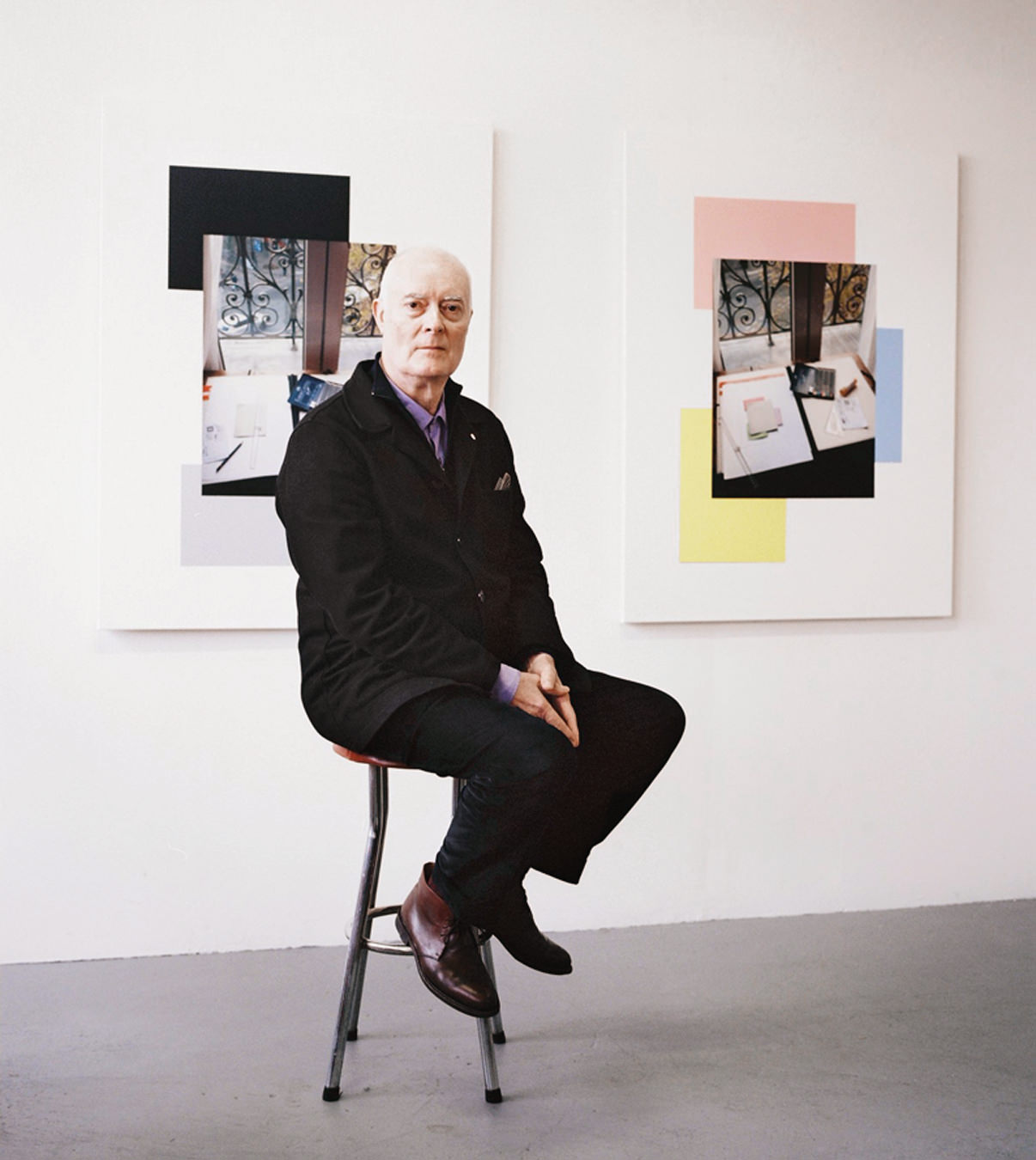Q&A: Joseph Boyden
Joseph Boyden’s first novel in five years (his last was the 2008 Scotiabank Giller Prize winner Through Black Spruce), The Orenda, released today, is an honest and brutal portrayal of Canada’s early history. Set in the 1630s, the story explores the intertwined lives of Snow Falls, a gifted young Iroquois girl; Bird, an elder from the Huron Nation and Snow Falls’s captor; and Christophe, a Jesuit missionary determined to lead the people of the new world to Christ. As worlds collide, violent battles erupt, and the reader is left with a blunt picture of the often horrific social and political forces that forged our nation.
NUVO: You say The Orenda is the book you’ve been meant to write all your life. Why? What does it represent to you?
Joseph Boyden: Having been born into a strict Catholic family and educated by Jesuits, I was raised on the stories of the martyrs, the priests who came from France to Canada and who were eventually captured and tortured by the Iroquois. All of my summers were spent on the shores of Georgian Bay, specifically on Beckwith Island, facing Christian Island, the place where the remaining Huron and Jesuits fled in the spring of 1649 after being nearly wiped out by their enemies. The lore and myths of this tumultuous time have always swirled around in my mixed blood head. The European interlopers and the aboriginal subjects of their attempted conversion are both part of my DNA. I feel like The Orenda was pulled from a part of me in a way that is even more personal than my other novels.
NUVO: Canadians often see a split in culture between French and English—a duality—but you acknowledge there are “three solitudes” of Canadian heritage: French, English, and Aboriginal. Can you speak to the importance of this triad in Canadian culture?
Boyden: Canada has always tried to sell itself as a peaceful multicultural mosaic where everyone is invited and where everyone gets along famously. But I think in recent years our reputation for inclusivity has been tarnished, and our core beliefs in multiculturalism have been harshly tested. Aboriginal youth in our country is our fastest growing population, and they’re not afraid to make their voices heard when it comes to issues like the environment and economics and who is allowed to profit and who isn’t. Think Idle No More. We’ve gotten to the point where the longtime powers that be are being forced to recognize that the third pillar of our culture, the First Nations, won’t be ignored anymore. And the powers that be, I think, are nervous. All one has to do is open up the comments section in any of our major newspapers whenever a First Nations issue arises to see the sheer vitriol and outright racism and anger directed by what I hope are only a minority towards our native peoples. Canadians are inherently conservative in that we don’t like change, we don’t like the boat to be rocked, but the peoples we’ve long tried to hold down are tired of being treated as the outsiders in their own homes. A young, vibrant, incredibly talented group of young people is beginning to stir in our country, and that can only be for the good.
NUVO: The novel takes place in the mid-1600s. Reviews describe the book as sometimes violent, bloody, and a portrait of human cruelty. Can you elaborate on your inclusion of this violence in the novel?
Boyden: The mid 1600’s was a time of great conflict across the world. And to ignore this elephant in the room by my not addressing it in my novel would have been, I believe, a great mistake. Yes, the Huron and the Iroquois participated in ritualistic torture of one another, and I knew from the get-go that I had to try and understand why, I had to come to terms with this in order to properly write my characters. Keep in mind that the Spanish Inquisition was taking place in Europe at the same time, and Christians made torture a truly sadistic art form. But whereas Christians tortured “infidels” in order to belittle them, in order to dehumanize them, in order to punish them, Hurons and Iroquois performed their equally ritualistic tortures in order to honour their enemies, in order to possess their power. How we treat our enemies in times of war is one of the deepest reflections of who we are as a people, and how these two cultures went about it highlights how differently they saw their worlds.
NUVO: You have spoken about the fact that “orenda” is an Iroquois word meaning “soul” or “life force.” Why is it important in the context of the novel? How does the idea of the orenda apply to your characters?
Boyden: The Huron and the Iroquois believed that not just humans have souls, but everything in the physical world possesses them. Trees have their own orenda, animals, bodies of water, even rocks strewn on the ground have their own life force. And this went in direct conflict with what the Jesuits were trying to preach—that only humans can possess a soul. In so many ways, orenda cuts right to the quick of how these two very different cultures collided and could not live harmoniously with one another. Each culture had such a different way of walking through their world.
NUVO: How did your own mixed heritage influence this novel?
Boyden: I found it a fascinating journey to be forced to try and come to some kind of understanding of who I am and where I come from by creating characters who are at once so different than me and yet represent the different facets of my genetic makeup. None of the protagonists in my novel are purely good or purely evil. Instead they inhabit a wide range of humanity; they are people who can at one moment be incredibly cruel to their enemy and the next be incredibly kind to those that they love. I tried to avoid so many of the clichés that exist about not just the Indians in my novel, but the Europeans, too.
NUVO: Last time we spoke with you for our spring 2011 cover story, you talked about writing with your wife and her being your front-line editor. Was that also the case for this book?
Boyden: Amanda remains my most trusted voice, the person who won’t just praise but also point out what’s not working. If you can survive being told by the person you love that you’re not only doing good but that there’s room for improvement, too, it makes for a strong marriage.
The Orenda is published Hamish Hamilton, an imprint of Penguin Canada.




